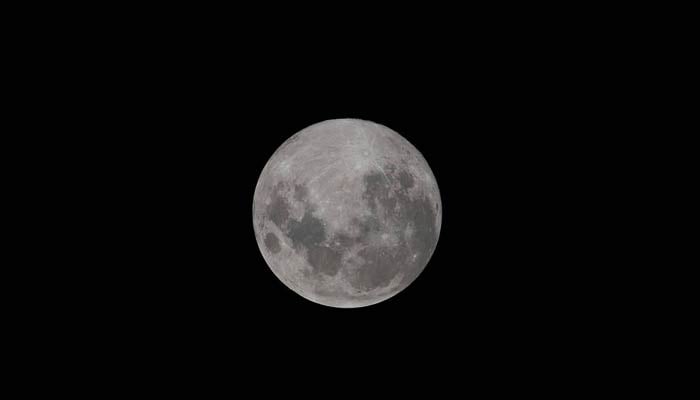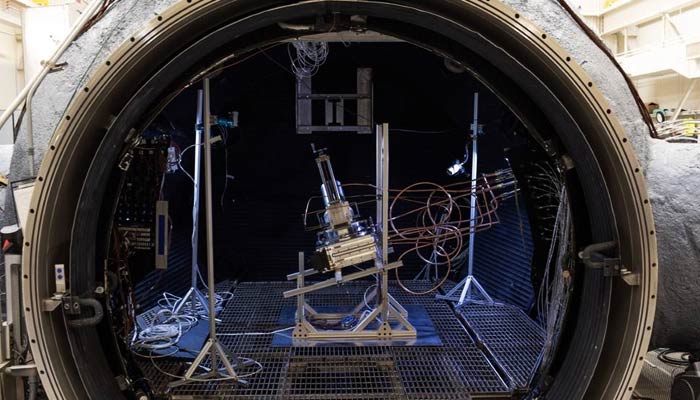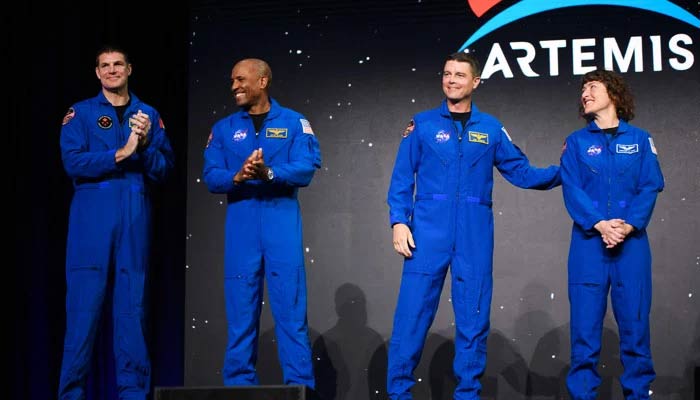Nasa scientists successfully extract oxygen from lunar surface
"This is a big step for developing architecture to build sustainable human bases on other planets," says Nasa engineer
Scientists from Nasa — in a major development in space exploration activities — have been able to extract oxygen from regolith (lunar soil), which will allow space explorers to use the surface of the moon as a launch pad for future activities.
According to Nasa, a Houston team at the Johnson Space Center separated life-sustaining oxygen from a lunar soil simulation with the help of a high-powered laser to create a carbothermal reaction. For the first time ever, the oxygen was removed within a vacuum environment.
The Carbothermal Reduction Demonstration (CaRD) experiment could be a base for producing oxygen gas for breathing alongside its uses for transport propellers.
"Our team proved the CaRD reactor would survive the lunar surface and successfully extract oxygen," Nasa engineer Anastasia Ford said.
She further stated: "This is a big step for developing the architecture to build sustainable human bases on other planets."
Nasa has been planning for a long to establish the moon as its operational base for space exploration activities. The Artemis mission is aimed to take humans back to the moon in 2025 after fifty years.
Humans last time put a step on the moon in 1972.
The recent success in the oxygen extraction experiment is regarded at readiness level six which means it is all set to be tested in real space.
Aaron Paz, a senior engineer at Nasa noted that "the technology has the potential to produce several times its own weight in oxygen per year on the lunar surface, which will enable a sustained human presence and lunar economy."
Earlier in April, Nasa named four astronauts that will fly to the moon on the Artemis II mission — the first crewed lunar flight of the program.
Nasa has already concluded the Orion spacecraft flight — an uncrewed test —which flew the Moon and returned to Earth in November 2022.
-
Shanghai Fusion ‘Artificial Sun’ achieves groundbreaking results with plasma control record
-
Polar vortex ‘exceptional’ disruption: Rare shift signals extreme February winter
-
Netherlands repatriates 3500-year-old Egyptian sculpture looted during Arab Spring
-
Archaeologists recreate 3,500-year-old Egyptian perfumes for modern museums
-
Smartphones in orbit? NASA’s Crew-12 and Artemis II missions to use latest mobile tech
-
Rare deep-sea discovery: ‘School bus-size’ phantom jellyfish spotted in Argentina
-
NASA eyes March moon mission launch following test run setbacks
-
February offers 8 must-see sky events including rare eclipse and planet parade














